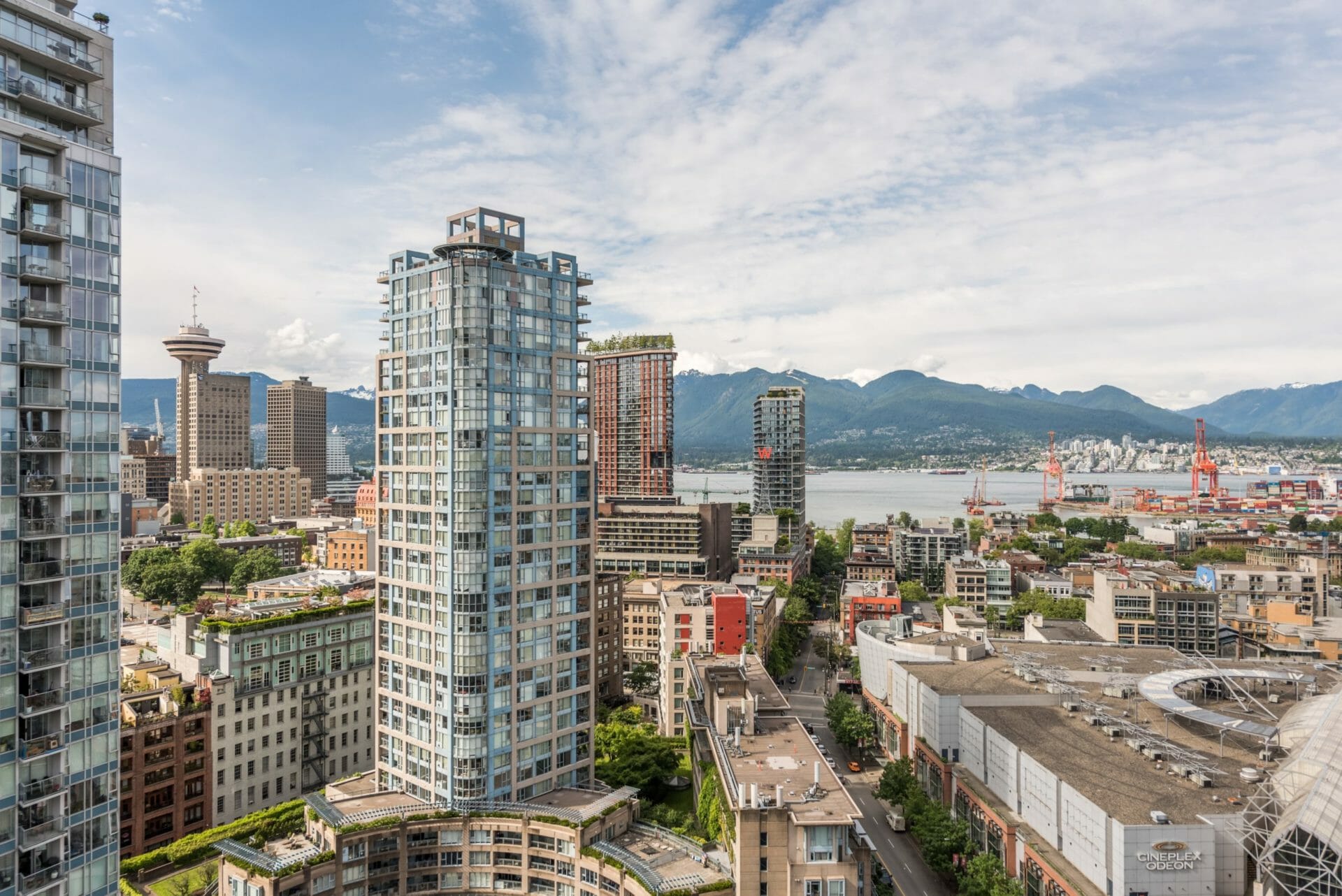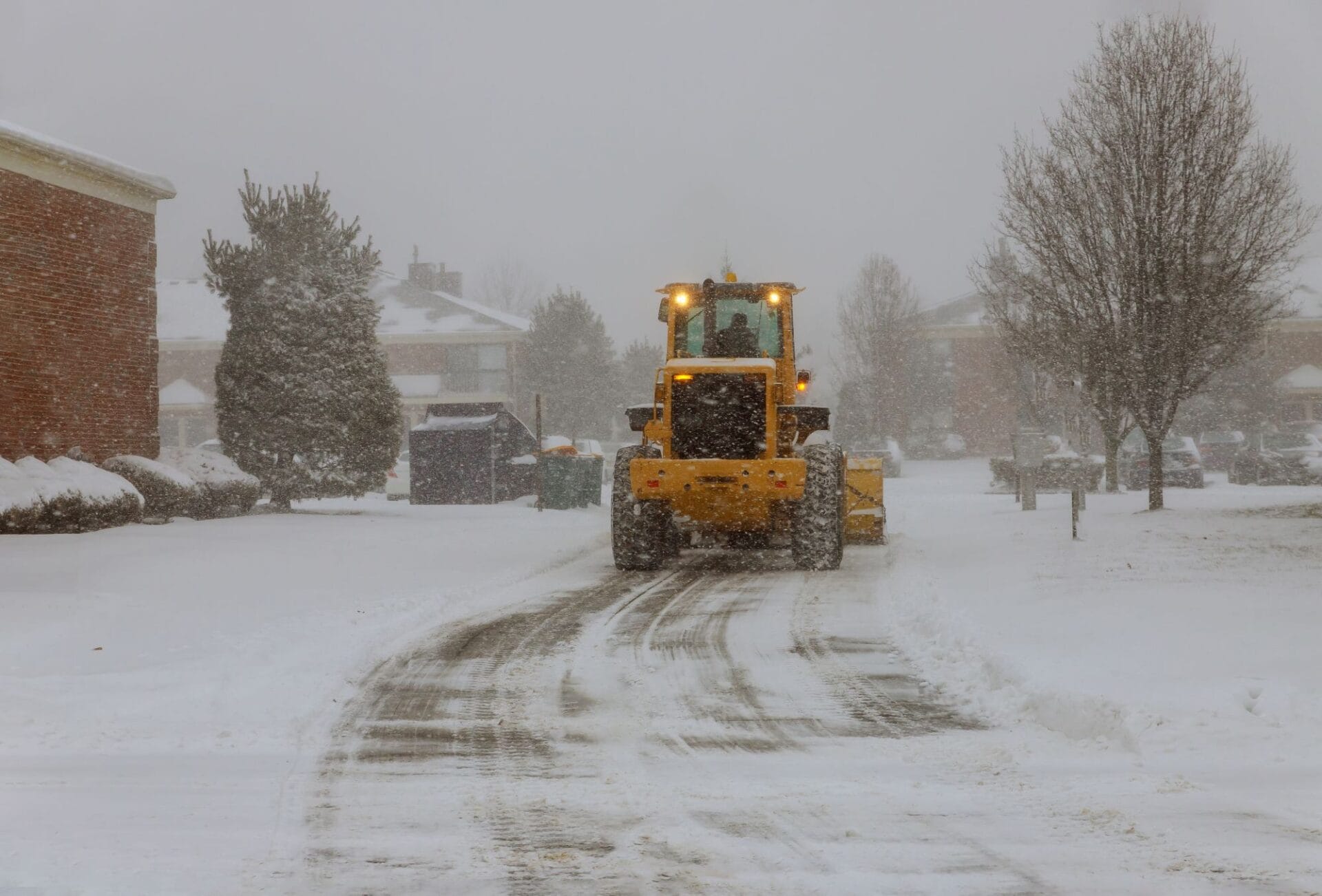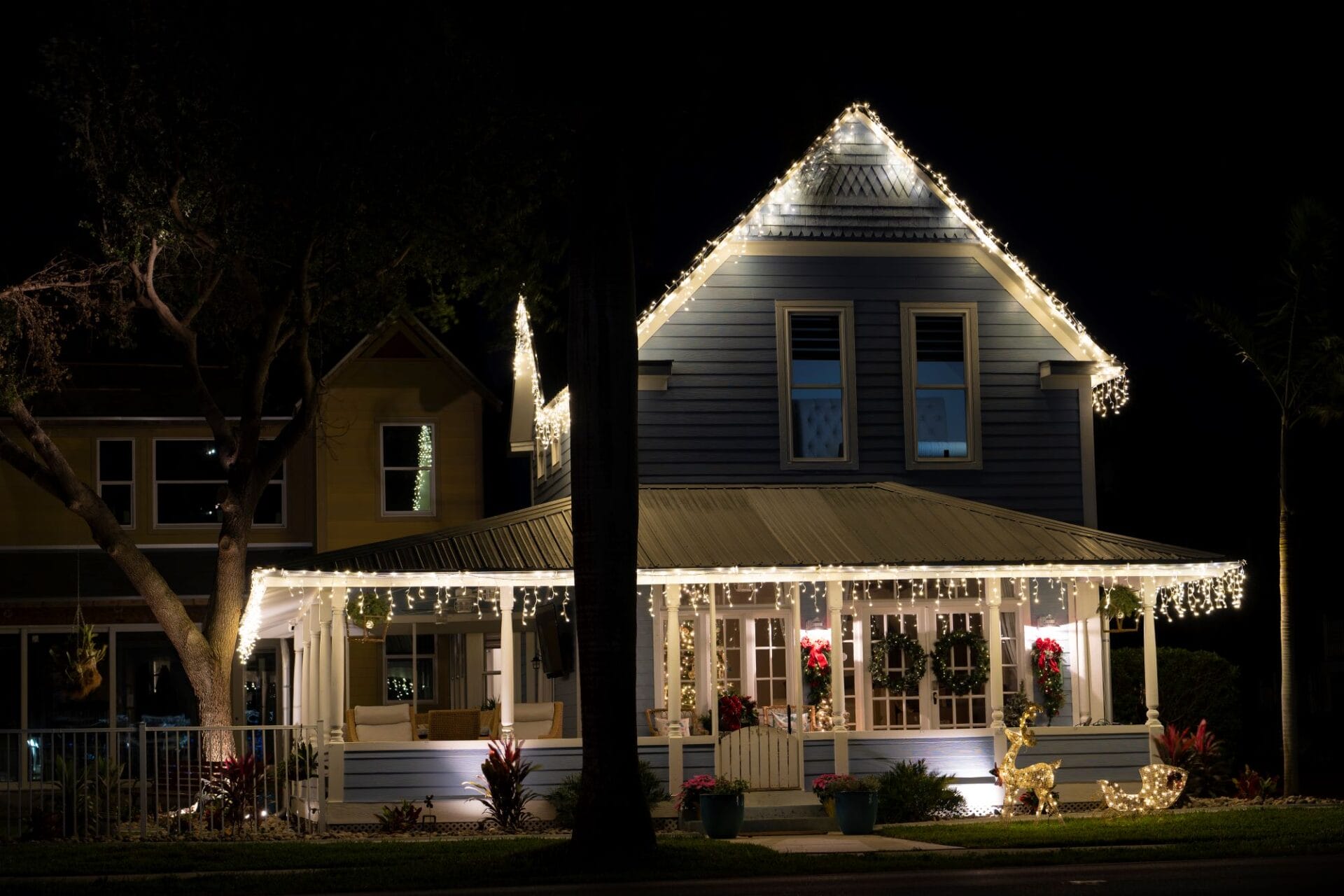The Strata Property Act, along with a strata’s bylaws and rules, provides the legal framework under which all strata corporations must operate in British Columbia.
Even though stratas are self-governed, strata owners and residents must use the legislative framework to inform their actions and rules.
Defining a strata
The term “strata” is generally used as a synonym for a condo building. Mid and high-rise buildings are considered stratas, but strata housing can also include duplexes, townhomes and single-family homes. While some strata developments are strictly commercial or exclusively residential, other developments are a combination of commercial and residential strata.
It’s not the size or even the type of building that makes a development a strata corporation, rather it’s the legal nature of the development. A strata corporation is created when a developer files a strata plan at the Land Title Office. So, if a neighbourhood or condo was created by a strata plan, then it’s a strata corporation.
The Strata Property Act
According to the British Columbia Court of Appeal, the purpose of the Strata Property Act is to provide clear rules for the creation, registration and transfer of strata titles, and to establish comprehensive rights and responsibilities for those who build and live in strata developments.
Unlike the Condominium Act or similar condo acts that have only a few regulations and forms, the Strata Property Act has extensive regulations, which include over 26 forms. It would be extremely difficult to use the Strata Property Act without also having the regulations and forms. That’s because many sections of the Act refer to the prescribed forms.
The Strata Property Act also contains a Schedule of Standard Bylaws for every strata to use. A strata corporation can amend its bylaws, and make additions or remove some rules from the Standard Bylaws. As such, it is very important that each strata member (and prospective strata member) familiarize themselves with the corporation’s bylaws so that they know which Standard Bylaws apply to them. Owners and tenants are expected to comply with the bylaws. If the rules are broken, they may face disciplinary measures, including fines.
The Act covers many topics, including strata fees, maintenance of common areas and units, acceptable property usage, alterations or changes to the property, legal proceedings and dispute resolution, budgets and more.
Obligation to uphold the rules
To ensure the rules are upheld, stratas will have a council that acts as the managing body for the corporation.
Under the Act, the council is responsible for exercising powers to ensure strata bylaws and rules are upheld, and performing duties to ensure the corporation is maintained and runs smoothly. A council will be expected to call and conduct general meetings, prepare financial statements and create budgets, collect strata fees, obtain corporation insurance, maintain documents and records, tracking who lives in the development, etc.
The strata council is usually elected at the annual general meeting, based on the strata corporation’s bylaws.
Schedule of Standard Bylaws
Below are some of the Standard Bylaws included at the bottom of the Strata Property Act. You can view all of the bylaws here.
Payment of strata fees
An owner must pay strata fees on or before the first day of the month to which the strata fees relate.
Repair and maintenance of property by owner
(1) An owner must repair and maintain the owner’s strata lot, except for repair and maintenance that is the responsibility of the strata corporation under these bylaws.
(2) An owner who has the use of limited common property must repair and maintain it, except for repair and maintenance that is the responsibility of the strata corporation under these bylaws.
Use of property
(1) An owner, tenant, occupant or visitor must not use a strata lot, the common property or common assets in a way that
(a)causes a nuisance or hazard to another person,
(b)causes unreasonable noise,
(c)unreasonably interferes with the rights of other persons to use and enjoy the common property, common assets or another strata lot,
(d)is illegal, or
(e)is contrary to a purpose for which the strata lot or common property is intended as shown expressly or by necessary implication on or by the strata plan.
(2) An owner, tenant, occupant or visitor must not cause damage, other than reasonable wear and tear, to the common property, common assets or those parts of a strata lot which the strata corporation must repair and maintain under these bylaws or insure under section 149 of the Act.
(3) An owner, tenant, occupant or visitor must ensure that all animals are leashed or otherwise secured when on the common property or on land that is a common asset.
(4) An owner, tenant or occupant must not keep any pets on a strata lot other than one or more of the following:
(a) a reasonable number of fish or other small aquarium animals;
(b) a reasonable number of small caged mammals;
(c) up to 2 caged birds;
(d) one dog or one cat.
Obtain approval before altering a strata lot
(1) An owner must obtain the written approval of the strata corporation before making an alteration to a strata lot that involves any of the following:
(a)the structure of a building;
(b)the exterior of a building;
(c)chimneys, stairs, balconies or other things attached to the exterior of a building;
(d)doors, windows or skylights on the exterior of a building, or that front on the common property;
(e)fences, railings or similar structures that enclose a patio, balcony or yard;
(f)common property located within the boundaries of a strata lot;
(g)those parts of the strata lot which the strata corporation must insure under section 149 of the Act.
(2) The strata corporation must not unreasonably withhold its approval under subsection (1), but may require as a condition of its approval that the owner agree, in writing, to take responsibility for any expenses relating to the alteration.
(3)This section does not apply to a strata lot in a bare land strata plan.
Council size
(1) Subject to subsection (2), the council must have at least 3 and not more than 7 members.
(2) If the strata plan has fewer than 4 strata lots or the strata corporation has fewer than 4 owners, all the owners are on the council.
Removing council member
(1) Unless all the owners are on the council, the strata corporation may, by a resolution passed by a majority vote at an annual or special general meeting, remove one or more council members.
(2) After removing a council member, the strata corporation must hold an election at the same annual or special general meeting to replace the council member for the remainder of the term.
Maximum fine
The strata corporation may fine an owner or tenant a maximum of
(a)$50 for each contravention of a bylaw, and
(b)$10 for each contravention of a rule.
As you can see, there are several detailed rules attached to the Act, and this is just the bylaws. By including so much information, the Act aims to minimize grey areas and help strata members fully understand their rights and responsibilities.
Additional Legislation
In addition to the Strata Property Act, strata owners and residents should also be aware of other acts and codes that may affect them.
The Homeowner Protection Act
This act governs the licensing of residential builders and the mandatory third-party new home warranty insurance system.
The Human Rights Code
The Humans Rights Code prohibits discrimination in specific areas of activity and outlines the process for making and resolving complaints of discrimination.
The Personal Information Protection Act (PIPA)
PIPA aims to address privacy issues and concerns in the private sector, including strata corporations.
The Real Estate Services Act (RESA)
RESA provides a licensing and regulatory framework for strata managers and realtors. It is regulated by the Superintendent of Real Estate and the Real Estate Council of British Columbia.
The Residential Tenancy Act (RTA)
Relationships between landlords and tenants are governed by the RTA.
Conclusion
The Strata Property Act was designed to help strata members understand their rights and responsibilities. It would be impossible to memorize this Act as it contains a lot of information, but strata members should take the time to review this very important legal document.























